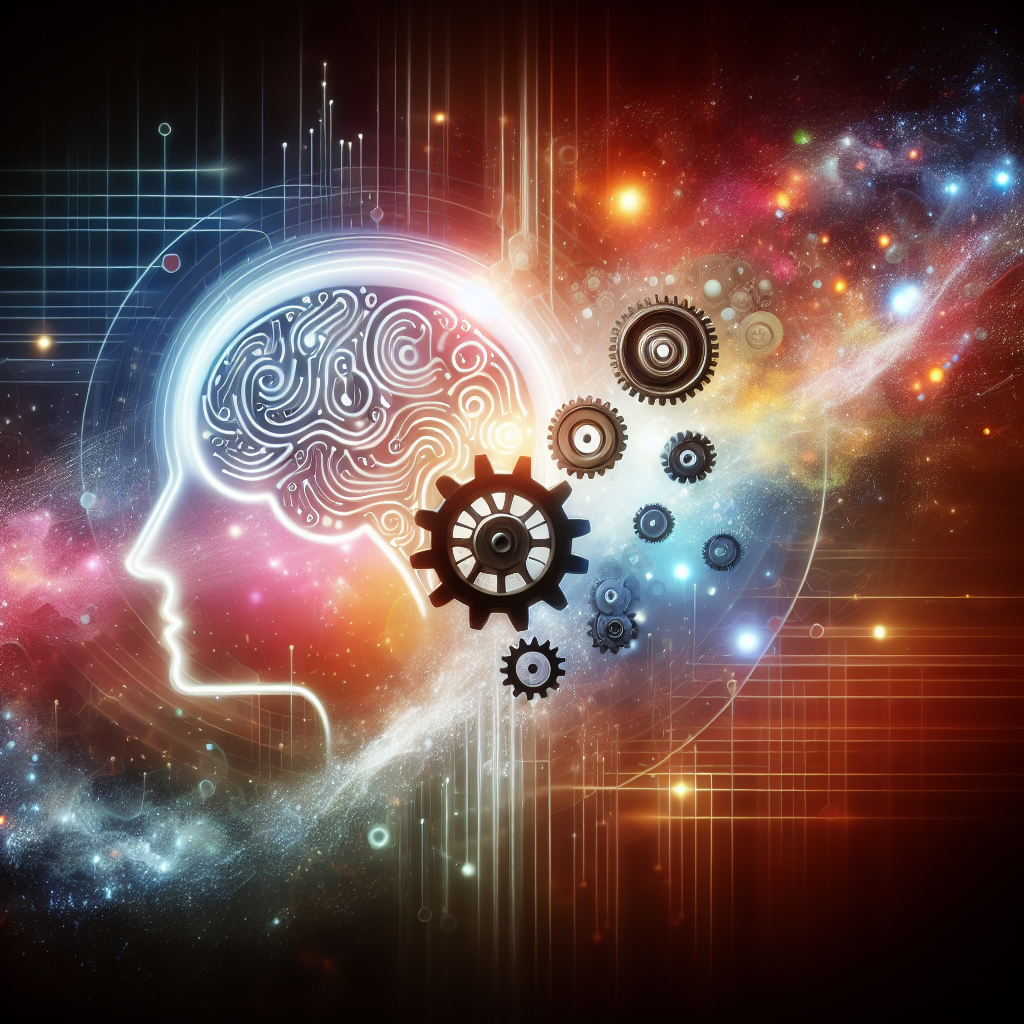In recent years, artificial intelligence (AI) has made significant strides in various industries, including the creative sector. From producing music and artwork to writing novels and designing fashion, AI has demonstrated its capability to enhance and even revolutionize creative processes. This article will explore the influence of AI on creative processes and discuss its implications for the future of creativity.
AI in Music Production
One of the most notable applications of AI in the creative sector is in music production. AI algorithms can analyze vast amounts of musical data and generate original compositions based on patterns and styles found in existing music. This has enabled musicians and composers to explore new sounds and genres, pushing the boundaries of traditional music creation.
One example of AI in music production is the platform Amper Music, which uses AI to generate unique tracks tailored to a user’s specifications. By entering parameters such as mood, tempo, and instrumentation, users can receive a fully produced piece of music in a matter of minutes. This technology has the potential to democratize music production, allowing artists of all levels to create professional-quality tracks without the need for expensive equipment or studio time.
AI in Visual Art
AI has also made significant advancements in the field of visual art. Generative adversarial networks (GANs) have been used to create stunning images and artworks that blur the line between human and machine creativity. Artists can now collaborate with AI systems to explore new artistic possibilities and challenge traditional notions of authorship and creativity.
One of the most famous examples of AI in visual art is the artwork “Portrait of Edmond de Belamy” created by the Paris-based collective Obvious. The painting was generated by an AI algorithm trained on a dataset of historical portraits, resulting in a piece that has been exhibited in prestigious art galleries around the world. This groundbreaking work has sparked discussions about the role of AI in the art world and the potential for AI to redefine the boundaries of creativity.
AI in Writing
AI has also shown promise in the field of writing, with algorithms capable of generating coherent and engaging content across various genres and styles. From news articles and marketing copy to novels and poetry, AI-powered writing tools are becoming increasingly sophisticated, enabling writers to streamline their creative process and generate content at scale.
One popular AI writing tool is OpenAI’s GPT-3, a language model that can generate human-like text based on a prompt provided by the user. Writers can use GPT-3 to brainstorm ideas, refine their writing, or even collaborate with the AI to co-author a piece of content. This technology has the potential to revolutionize the writing process, making it more efficient and accessible to a wider range of creators.
Implications for Creativity
The influence of AI on creative processes raises important questions about the nature of creativity and the role of technology in shaping artistic expression. While some may view AI as a threat to human creativity, others see it as a tool that can enhance and augment human abilities, enabling us to explore new ideas and push the boundaries of what is possible.
One of the key benefits of AI in creative processes is its ability to automate repetitive tasks and generate ideas at scale. This can free up time for creators to focus on more complex and nuanced aspects of their work, leading to new insights and innovations. Additionally, AI can help creators overcome creative blocks and explore new directions in their work, providing fresh perspectives and inspiration.
However, the use of AI in creative processes also raises ethical and philosophical questions about authorship, originality, and the authenticity of artistic expression. As AI systems become more sophisticated and capable of generating content that is indistinguishable from human-created work, how do we determine the value and significance of AI-generated art? And how do we ensure that AI is used responsibly and ethically in the creative sector?
FAQs
Q: Can AI truly be creative?
A: While AI algorithms can generate original content and produce work that is indistinguishable from human-created art, the question of whether AI can be truly creative is still up for debate. Some argue that creativity requires intention, emotion, and consciousness, qualities that AI lacks. Others believe that creativity is a process of problem-solving and exploration, which AI is capable of performing. Ultimately, the definition of creativity may need to be reevaluated in the context of AI-generated art.
Q: Will AI replace human creativity?
A: While AI has the potential to automate certain aspects of creative processes and generate content at scale, it is unlikely to replace human creativity entirely. Human creativity is deeply rooted in emotion, intuition, and personal experience, qualities that AI cannot replicate. Instead, AI is more likely to complement human creativity, offering new tools and possibilities for artists and creators to explore.
Q: How can creators benefit from AI in their work?
A: Creators can benefit from AI in a variety of ways, including automating repetitive tasks, generating new ideas, and overcoming creative blocks. AI tools can help creators streamline their workflow, refine their work, and explore new directions in their art. By embracing AI as a tool for creativity, creators can push the boundaries of their work and discover new possibilities for artistic expression.
In conclusion, the influence of AI on creative processes is a complex and multifaceted phenomenon that has the potential to transform the way we create and experience art. By embracing AI as a tool for creativity, artists and creators can explore new ideas, push the boundaries of traditional art forms, and challenge our perceptions of what is possible. As AI continues to evolve and become more integrated into the creative sector, it is essential for creators to engage with these technologies thoughtfully and ethically, ensuring that AI enhances rather than diminishes the value of human creativity.

